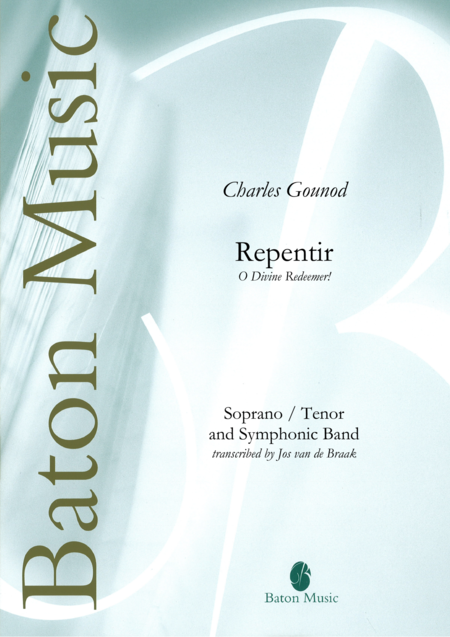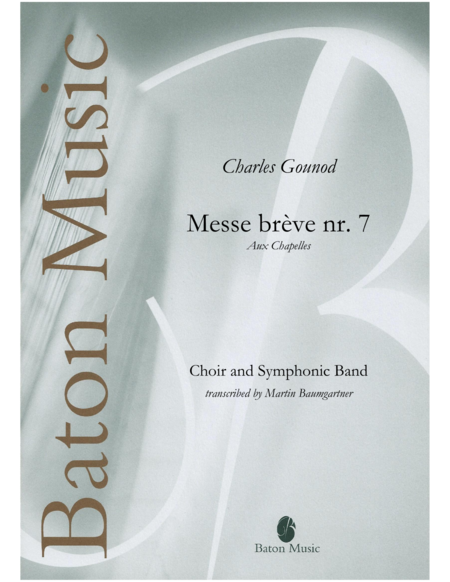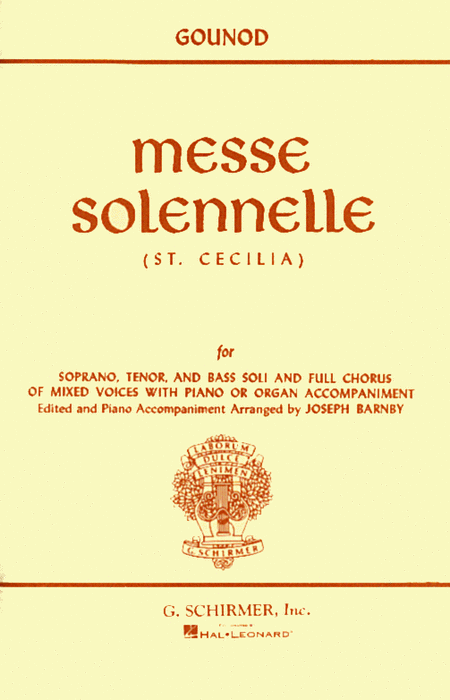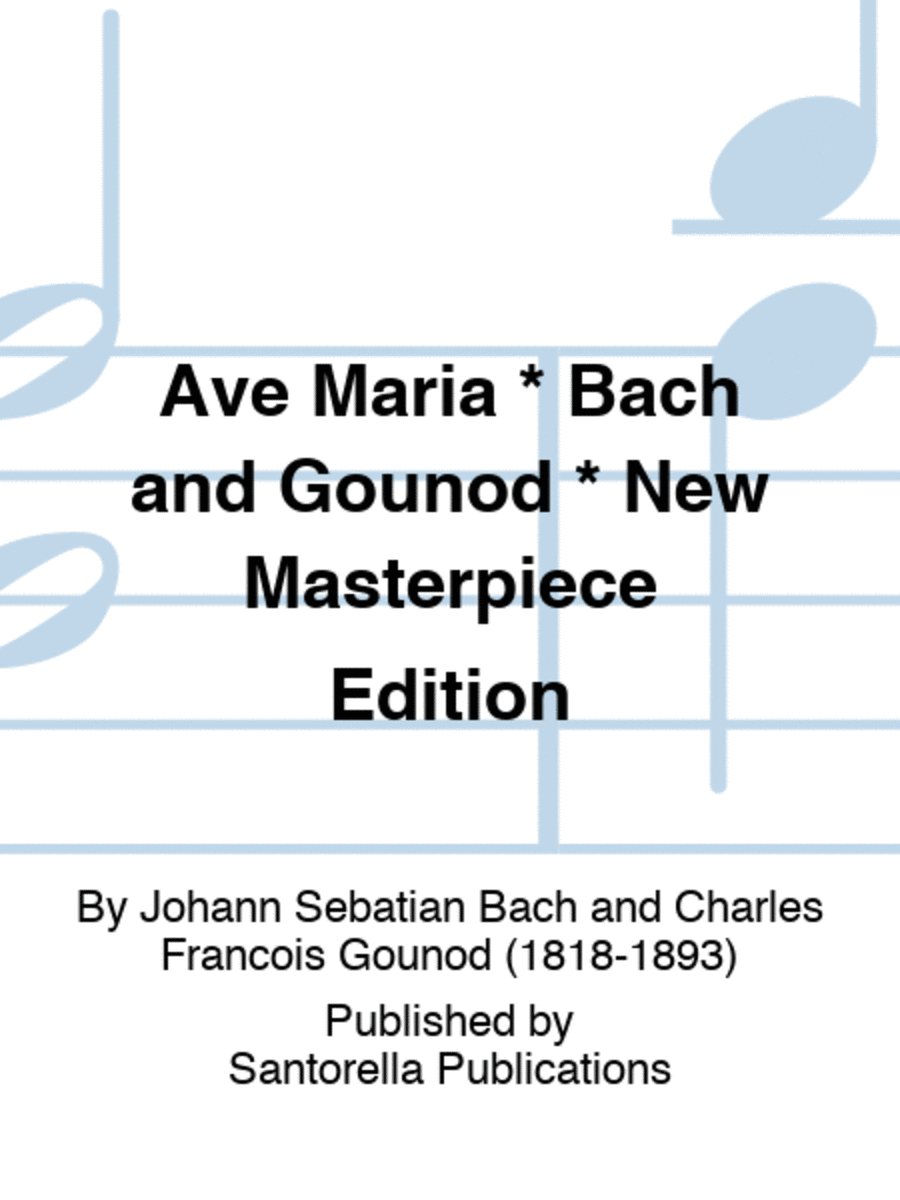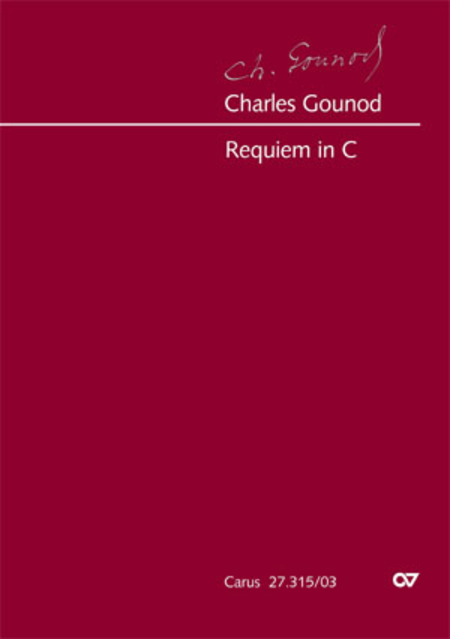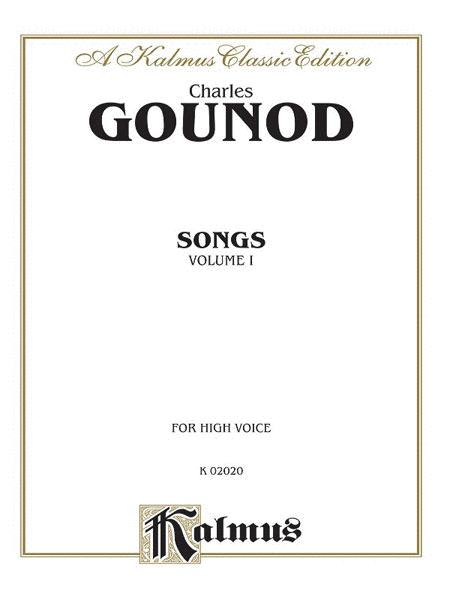Charles Gounod (1818 - 1893)
 France
France
Charles-François Gounod (IPA: [ɡuno]; 17 June 1818 ? 18 October 1893) was a French composer, best known for his Ave Maria as well as his operas Faust and Roméo et Juliette.
Gounod was born in Paris, the son of a ... (Read all)
Source : Wikipedia
 France
FranceCharles-François Gounod (IPA: [ɡuno]; 17 June 1818 ? 18 October 1893) was a French composer, best known for his Ave Maria as well as his operas Faust and Roméo et Juliette.
Gounod was born in Paris, the son of a ... (Read all)
Source : Wikipedia
Free sheet music of Charles Gounod - Clarinet Bb 1
3 sheets found sorted by:
Search
| ||||||||||||||||||||||||||||||
© 2000 - 2024
Home - New releases - Composers
Legal notice - Full version






